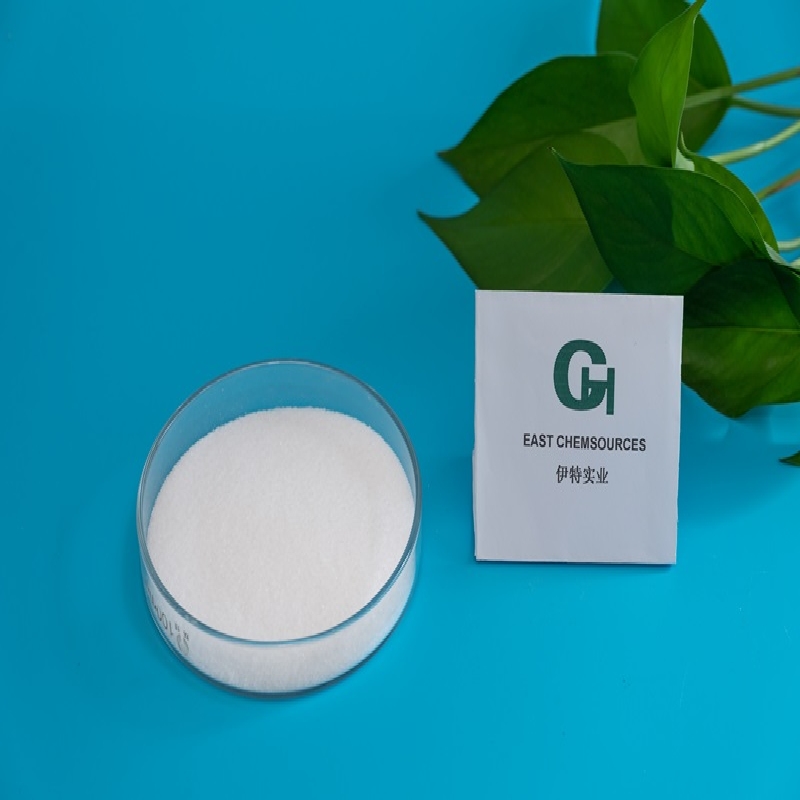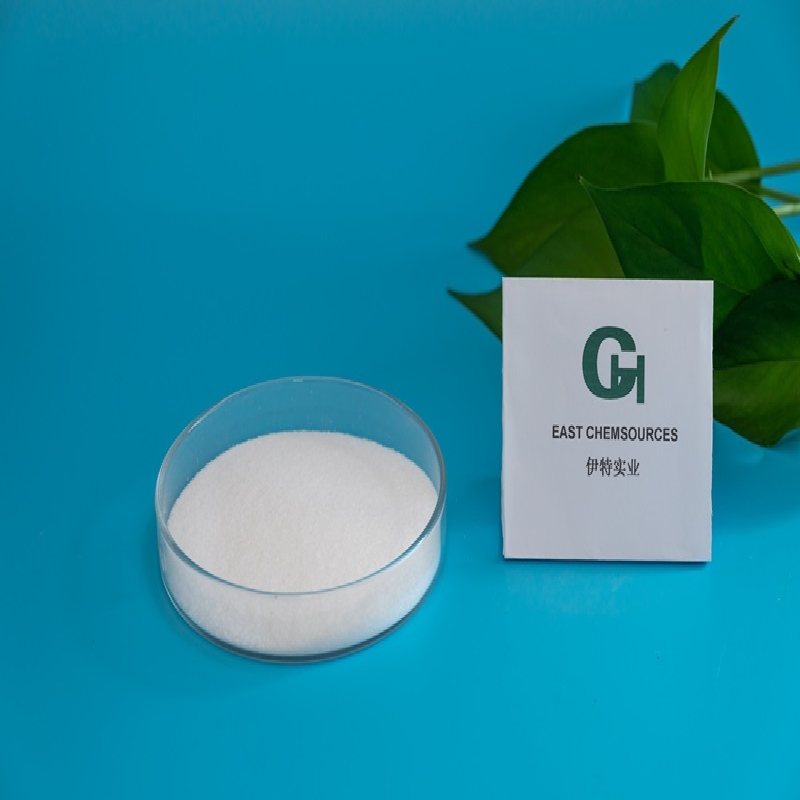-
Categories
-
Pharmaceutical Intermediates
-
Active Pharmaceutical Ingredients
-
Food Additives
- Industrial Coatings
- Agrochemicals
- Dyes and Pigments
- Surfactant
- Flavors and Fragrances
- Chemical Reagents
- Catalyst and Auxiliary
- Natural Products
- Inorganic Chemistry
-
Organic Chemistry
-
Biochemical Engineering
- Analytical Chemistry
- Cosmetic Ingredient
-
Pharmaceutical Intermediates
Promotion
ECHEMI Mall
Wholesale
Weekly Price
Exhibition
News
-
Trade Service
It is only for medical professionals to read and refer to.
What is the difference between the same prokinetic drugs? Prokinetic drugs are a class of drugs that can increase gastrointestinal propulsion.
They can promote and stimulate gastrointestinal emptying, reduce visceral hypersensitivity, reduce bile and acid reflux, improve symptoms such as indigestion, and can also stop Spit and other effects.
Clinically it can be used for gastritis, gastroesophageal reflux disease (GERD), gastroparesis (GP), reflux esophagitis, functional dyspepsia (FD), functional constipation, pseudo-intestinal obstruction (IPO), irritable bowel Syndrome (IBS) and other diseases.
Prokinetic drugs can be divided into dopamine receptor antagonists, 5-hydroxytryptamine (5-HT4) receptor agonists, opioid receptor agonists, opioid receptor antagonists, and motilin according to their pharmacological effects and target points.
Receptor agonists, cholecystokinin (CCK) receptor antagonists, among which dopamine receptor antagonists and serotonin (5-HT4) receptor agonists are commonly used clinically.
In this issue of "Doctors' Pharmaceutical Affairs", let us use 4 forms to understand the use of different prokinetic drugs.
01 Classification of prokinetic drugs Table 1: Classification of prokinetic drugs 02 Comparison of prokinetic drugs Table 2: Comparison of prokinetic drugs Note: Simple 5-HT4 receptor agonists only have prokinetic effects, and dopamine receptor antagonists are general It has both antiemetic and promotive effects.
03 The difference between metoclopramide and domperidone Table 3: metoclopramide VS domperidone Note: the drug has dopamine receptor antagonism, there are side effects of extrapyramidal reactions and increased prolactin secretion.
For example, the drug Oxopramide, which easily penetrates the blood-brain barrier, can easily cause extrapyramidal reactions and increase the secretion of prolactin; domperidone does not easily penetrate the blood-brain barrier and has almost no antagonistic effect on dopamine receptors in the brain, and it is unlikely to cause extrapyramidal reactions.
It is a reaction, but it can still produce effects in some central parts that lack blood-brain barrier protection, such as CTZ (antiemetic effect) and anterior pituitary (release prolactin), which in turn causes excessive prolactin secretion.04 Selection of prokinetic drugs Table 4: Selection of prokinetic drugs Reference source: [1] Zhu Yizheng et al.
Pharmacology [M].
Beijing: People's Medical Publishing House, 2016: 305, 386-387.
[2] Qian Zhiyu .
Pharmacology[M].
Beijing:China Medical Science and Technology Press,2009:295,486-487.
[3]Chen Xinqian and others.
Chen Xinqian's new edition of Pharmacology[M].
Beijing:People's Medical Publishing House,2018:557-558,565-568 .
[4]Li Jun.
Clinical Pharmacology[M].
Beijing:People's Medical Publishing House,2008:352-353.
[5]Pharmacy Professional Knowledge (2)[M].
Beijing:China Medical Science and Technology Press,2015: 082-085.
[6] Fang Yun.
The rational use of drugs for the treatment of digestive system diseases[M].
Beijing: People's Medical Publishing House, 2012:47.
[7] Shen Su.
Standardization Manual for Drug Consultation for Digestive System Diseases[M].
Beijing: People's Medical Publishing House, 2016: 53-56.
[8] Expert consensus on diagnosis and treatment of functional dyspepsia in the elderly[J].
Chinese Journal of Geriatrics,2015,34(7):700-701.
[9]Li Xiaowen, etc.
.
The current status of research on the safety of gastrointestinal motility drugs[J].
Chinese Journal of New Drugs and Clinical Remedies,2015,34(9):657-660.
[10].
The current status and prospects of research on gastrointestinal motility drugs[J].
Chinese Journal of Practical Pediatrics and Clinical Medicine,2014,27(9):483-485.
[11].
Research progress and clinical application evaluation of gastrointestinal motility drugs[J].
Evaluation and Analysis of Drug Use in Chinese Hospitals,2006,6(6 ):336-338.
[12]Chinese Expert Consensus on Chronic Gastritis in the Elderly[J].
Chinese Journal of Geriatrics,2018,37(5):485-488.
[13] Announcement of the General Administration on Revision of Domperidone Preparation Instructions (2016 No.
152).
[14] Primary Diagnosis and Treatment Guidelines for Chronic Constipation (2019)[J].
Chinese Journal of General Practitioners,2020,19(12):1100-1106.
[15]Irritable Bowel Syndrome Integrated Traditional Chinese and Western Medicine Diagnosis and Treatment Consensus opinion[J].
Chinese Journal of Integrated Traditional Chinese and Western Medicine,2011,31(5):587-589.
[16]Expert Consensus of Chinese Irritable Bowel Syndrome (2015, Shanghai)[J].
Chinese Journal of Digestion,2016 , 36(5):299-306.
What is the difference between the same prokinetic drugs? Prokinetic drugs are a class of drugs that can increase gastrointestinal propulsion.
They can promote and stimulate gastrointestinal emptying, reduce visceral hypersensitivity, reduce bile and acid reflux, improve symptoms such as indigestion, and can also stop Spit and other effects.
Clinically it can be used for gastritis, gastroesophageal reflux disease (GERD), gastroparesis (GP), reflux esophagitis, functional dyspepsia (FD), functional constipation, pseudo-intestinal obstruction (IPO), irritable bowel Syndrome (IBS) and other diseases.
Prokinetic drugs can be divided into dopamine receptor antagonists, 5-hydroxytryptamine (5-HT4) receptor agonists, opioid receptor agonists, opioid receptor antagonists, and motilin according to their pharmacological effects and target points.
Receptor agonists, cholecystokinin (CCK) receptor antagonists, among which dopamine receptor antagonists and serotonin (5-HT4) receptor agonists are commonly used clinically.
In this issue of "Doctors' Pharmaceutical Affairs", let us use 4 forms to understand the use of different prokinetic drugs.
01 Classification of prokinetic drugs Table 1: Classification of prokinetic drugs 02 Comparison of prokinetic drugs Table 2: Comparison of prokinetic drugs Note: Simple 5-HT4 receptor agonists only have prokinetic effects, and dopamine receptor antagonists are general It has both antiemetic and promotive effects.
03 The difference between metoclopramide and domperidone Table 3: metoclopramide VS domperidone Note: the drug has dopamine receptor antagonism, there are side effects of extrapyramidal reactions and increased prolactin secretion.
For example, the drug Oxopramide, which easily penetrates the blood-brain barrier, can easily cause extrapyramidal reactions and increase the secretion of prolactin; domperidone does not easily penetrate the blood-brain barrier and has almost no antagonistic effect on dopamine receptors in the brain, and it is unlikely to cause extrapyramidal reactions.
It is a reaction, but it can still produce effects in some central parts that lack blood-brain barrier protection, such as CTZ (antiemetic effect) and anterior pituitary (release prolactin), which in turn causes excessive prolactin secretion.04 Selection of prokinetic drugs Table 4: Selection of prokinetic drugs Reference source: [1] Zhu Yizheng et al.
Pharmacology [M].
Beijing: People's Medical Publishing House, 2016: 305, 386-387.
[2] Qian Zhiyu .
Pharmacology[M].
Beijing:China Medical Science and Technology Press,2009:295,486-487.
[3]Chen Xinqian and others.
Chen Xinqian's new edition of Pharmacology[M].
Beijing:People's Medical Publishing House,2018:557-558,565-568 .
[4]Li Jun.
Clinical Pharmacology[M].
Beijing:People's Medical Publishing House,2008:352-353.
[5]Pharmacy Professional Knowledge (2)[M].
Beijing:China Medical Science and Technology Press,2015: 082-085.
[6] Fang Yun.
The rational use of drugs for the treatment of digestive system diseases[M].
Beijing: People's Medical Publishing House, 2012:47.
[7] Shen Su.
Standardization Manual for Drug Consultation for Digestive System Diseases[M].
Beijing: People's Medical Publishing House, 2016: 53-56.
[8] Expert consensus on diagnosis and treatment of functional dyspepsia in the elderly[J].
Chinese Journal of Geriatrics,2015,34(7):700-701.
[9]Li Xiaowen, etc.
.
The current status of research on the safety of gastrointestinal motility drugs[J].
Chinese Journal of New Drugs and Clinical Remedies,2015,34(9):657-660.
[10].
The current status and prospects of research on gastrointestinal motility drugs[J].
Chinese Journal of Practical Pediatrics and Clinical Medicine,2014,27(9):483-485.
[11].
Research progress and clinical application evaluation of gastrointestinal motility drugs[J].
Evaluation and Analysis of Drug Use in Chinese Hospitals,2006,6(6 ):336-338.
[12]Chinese Expert Consensus on Chronic Gastritis in the Elderly[J].
Chinese Journal of Geriatrics,2018,37(5):485-488.
[13] Announcement of the General Administration on Revision of Domperidone Preparation Instructions (2016 No.
152).
[14] Primary Diagnosis and Treatment Guidelines for Chronic Constipation (2019)[J].
Chinese Journal of General Practitioners,2020,19(12):1100-1106.
[15]Irritable Bowel Syndrome Integrated Traditional Chinese and Western Medicine Diagnosis and Treatment Consensus opinion[J].
Chinese Journal of Integrated Traditional Chinese and Western Medicine,2011,31(5):587-589.
[16]Expert Consensus of Chinese Irritable Bowel Syndrome (2015, Shanghai)[J].
Chinese Journal of Digestion,2016 , 36(5):299-306.







